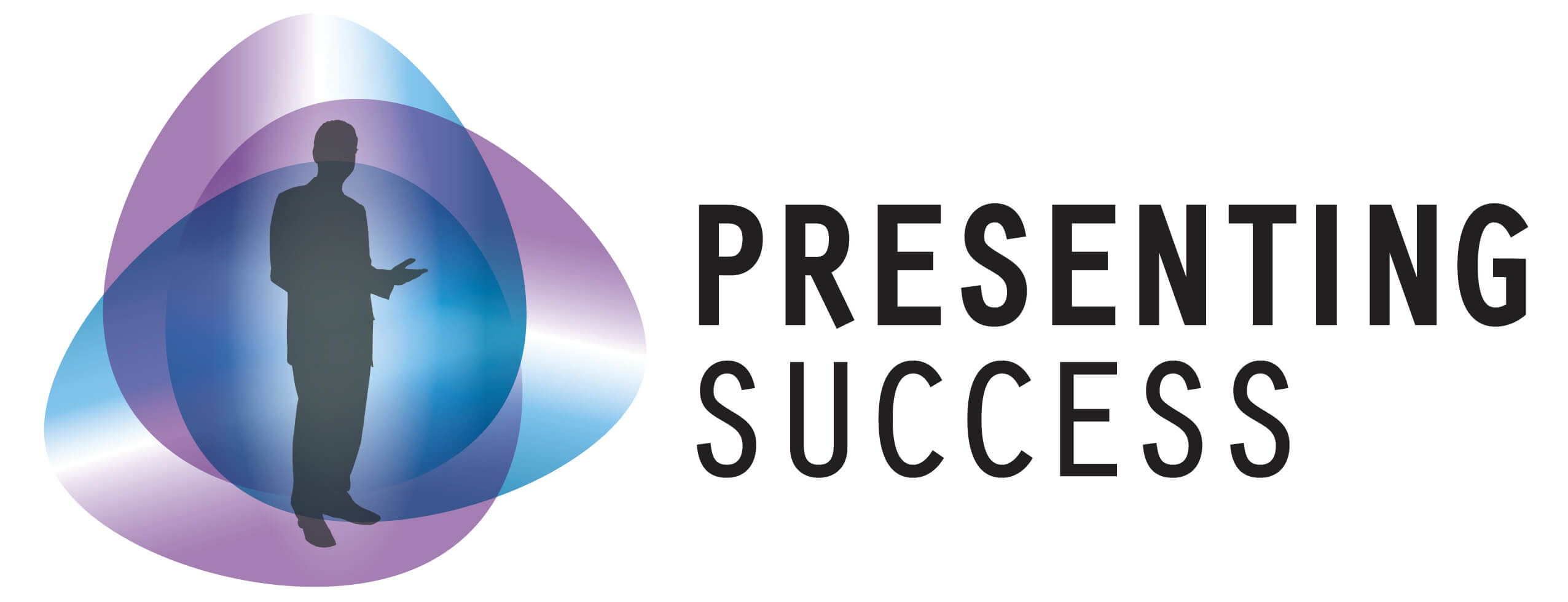First impressions "How should i open my presentation?" is a question we get asked often.…

Presenting with colleagues
When you present with your colleagues it can be fun and it can be challenging. A lot depends on how well you know each other and how well you work together. Working in a team that knows and respects each other can be enormously rewarding and productive.
However you feel about your colleagues you will want to come across as a team. That means having a common goal, and importantly practicing together. It also means giving each other feedback, including what they do that is working well as well as the parts that could be changed for more impact or effectiveness.
You will want to consider three main elements. First, what is the point of your joint presentation? Are you looking to sell, or to generate interest, for example? Second, how will it work, in terms of speaking order; how long each speaker has been allotted; and who will handle the Q and A, etc? and Third, what will the other speakers do when they are not speaking? For example, where will they sit?
Make sure that you give yourself time to prepare. Working as a group to prepare a presentation will usually take longer than one person working on their own. But it will be an essential way to start your preparation: the group decide what they are going to say, and who will say which bit. Then you can go off on your own to prepare your own parts of the presentation. Finally you come back to share thoughts, talk through your own pieces and practice together.
You will want to maintain your flexibility as other people may want to present material you may have regarded as your own. You will need time to discuss and agree on who is going to say what, and when. Remember to focus on your point. Why are we doing this? What do we want the audience to think, feel or do as a result of our presentation? These are key questions to keep asking yourselves.
The better you all know what you are going to say, and how it will all work, the easier it will be to focus on the audience and to achieve your goal. You probably cannot ‘over-rehearse’. It’s good to learn from actors who learn their lines until they can’t get them wrong. Then they can put the emotion into the play.
One of the ways your audience will judge you as a team is by how well you hand over to each other. You need to practice the handovers which means finding a form of words to hand over to the next speaker. You will want to decide how the opening speaker will introduce the other speakers – either at the beginning or as they come up to speak.
There will be times when you are just listening to your colleagues speak. Remember that you are still ‘on stage’. The audience will still be aware of you. You will want to come across as a team. Look interested, not bored. Watch the audience, and the speaker. Nod and smile in agreement. Even if someone says something which wasn’t agreed don’t shake your head. Make a mental note to discuss it after the presentation.
A final step is to have a debrief with your colleagues when you are well away from the venue – not in the local coffee shop – walls can have ears! Agree what went well and what you would do differently the next time you present together.
Presenting with colleagues can be fun and rewarding, and you will need to do the preparation work to make it so.



